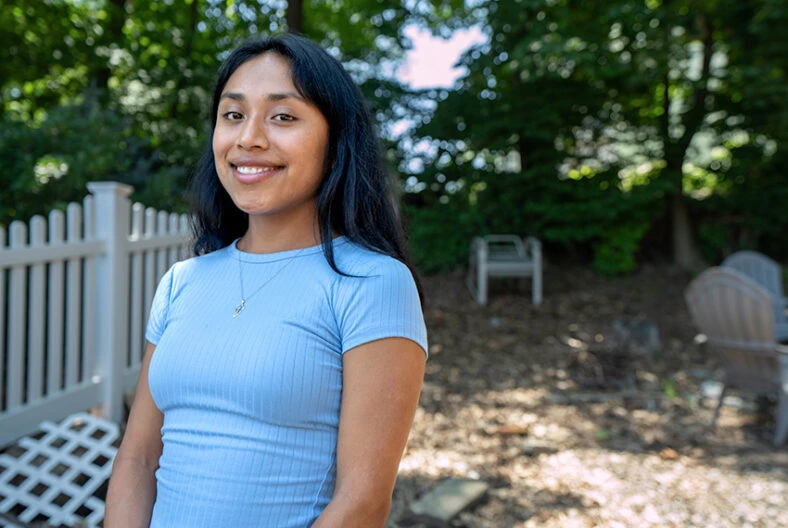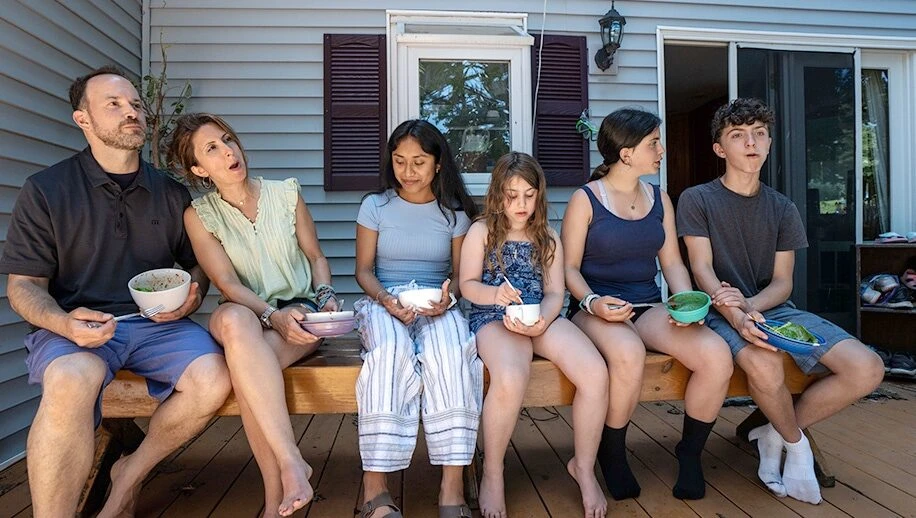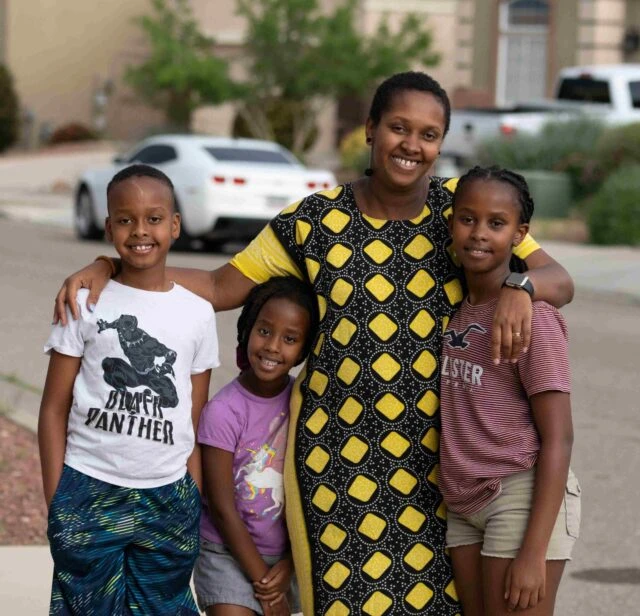New name.
Same mission.
LIRS is now Global Refuge.
Welcoming newcomers since 1939.
See Our EvolutionLIRS is now Global Refuge.
Welcoming newcomers since 1939.
See Our EvolutionThe browser you are using is not supported. Please consider using a modern browser.

In all cases, Global Refuge believes in compassion first. We work with the U.S. government and our network partners to place these children in loving homes with licensed foster parents who are trained to provide care for immigrant youth.
In the past several years, we have seen a growing number of immigrant children flee to the U.S. from Central America, primarily El Salvador, Guatemala, and Honduras. These children are often escaping gang violence, trafficking, threats, and extortion, as well as abuse, domestic violence, and poverty. Many are seeking to be reunified with family in the United States and will enter foster care while we work toward that reunification.
Global Refuge partners with the Office of Refugee Resettlement (ORR) to place especially vulnerable children who have crossed the border alone into transitional foster care homes. Transitional Foster Care (TFC) nurtures particularly vulnerable children who will be united with their families. All children in the program receive one-on-one assessment and counseling, holistic support ranging from education to legal services to health care, and access to religious services.
For children who make the journey without their loved ones, Global Refuge works to connect them with existing family in the United States. In these instances, our case workers work to contact these family members and assess their willingness and suitability to care for the child. These family members, and close family friends, are called “sponsors.” If a sponsor cannot be found, and the child is a likely candidate for asylum or legal status, they may be transferred to a long-term foster care home.
Some children who come to the United States do not have any family or family friends who are able to provide care for them. In these cases, the children may be placed in Long-Term Foster Care with Global Refuge, where they will enjoy the benefits of a loving, stable family until early adulthood.
Children in our Long-Term Foster Care network typically come to the U.S. fleeing domestic abuse, gang violence, or trafficking — and all children are afforded legal representation to pursue a more stable, permanent life in the U.S. by seeking legal protective status.
As they cope with the uncertainties of the U.S. immigration system, these children are surrounded by a loving and supportive foster family. They go to school, they can engage in sports and other activities, and they continue to live their lives as they await the approval of their application for legal immigration relief. These children stay in the program until their immigration case is resolved, then typically transition into the Unaccompanied Refugee Minors program. The Unaccompanied Refugee Minor status generally affords youth more security and support as they rebuild their lives.
Global Refuge is one of only two organizations that works with the government to support unaccompanied refugee minors (URMs). Many of the youth we serve through this program have lost parents and family members to systemic violence in their home countries. In the name of protection and empowerment, Global Refuge places unaccompanied refugee minors from all over the world in foster care, group homes, and semi-independent living settings. We work with a network of affiliates who provide services to support the acculturation and integration of children into communities all over the country. Global Refuge gives the youth, most of whom enter the program between the ages of 15 and 17, the option of receiving the support of a foster family or working toward independence in a group-home setting.

We invite you to partner with us in providing a safe home where children can rise above the obstacles they faced in their home country or on their journey to the U.S. and grow into healthy adults. The love and support you provide them will change both of your lives forever.
Become a Foster Parent
Explore the many ways to support Global Refuge.
Get InvolvedExplore the many ways to support Global Refuge.
Get Involved